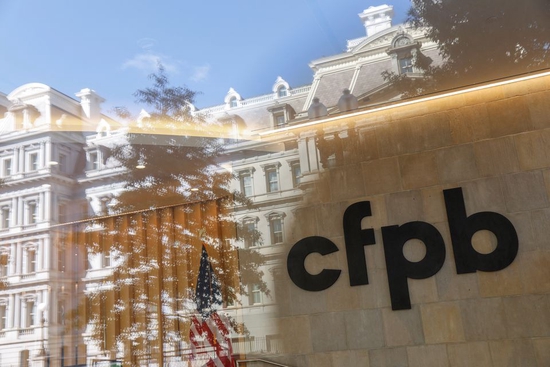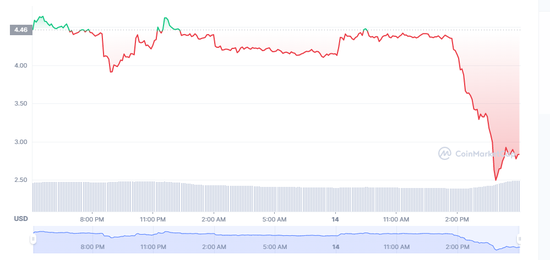your current location is:Home > investHomeinvest
U.S. government plans to regulate 'buy now, pay later' consumer loan companies

due to concerns that the rapid growth of financial products of "buy now, pay later" companies such as Klarna and Affirm Holdings may harm consumers, the US Consumer Financial Protection Bureau ( CFPB) plans to regulate such companies.
The CFPB doesn't currently oversee buy now pay later companies or their products, but the agency says they will have guidelines or regulations consistent with those of credit card companies. The CFPB also stated that they will implement appropriate monitoring and inspection mechanisms.
The move will be a blow to the entire industry. In fact, such businesses have already come under pressure from higher financing costs and lower U.S. consumer spending due to inflation.
It also marks a major offensive by CFPB director Rohit Chopra. He has previously pledged to scrutinize tech-driven companies as they increasingly encroach on the traditional financial industry.
“Banking and commerce in the U.S. are often segregated, but as payments and financial services start to take the approach of big tech, that segregation could be broken,” he said.
"Buy now, pay later" companies are on fire
With the "buy now, pay later" service, consumers can pay in installments for consumption. The popularity of such services has surged as U.S. consumers have made heavy use of e-commerce during the pandemic. Merchants pay the provider a fee each time a consumer completes a transaction through the "buy now, pay later" service.
A CFPB investigation last year found that buy now, pay later providers Affirm Holdings, Block's Afterpay, Klarna, PayPal and Australia's Zip made 180 million consumer loans in 2021 totalling $24.2 billion.
But the CFPB said in the report that they are concerned that these products may pose risks to consumers, highlighting the lack of standardized information disclosure mechanisms among the five companies surveyed and the potential to lure consumers into overspending.
Because "buy now, pay later" providers don't provide data to credit reporting agencies, lenders may not have a full picture of borrowers' debts, including consumers' loans with other "buy now, pay later" companies, the CFPB said.
The CFPB said the way "buy now, pay later" agencies collect consumer data also poses a risk, and they will gradually become clear about the data surveillance practices such businesses should avoid.
In a statement, an Affirm spokesperson said the company's priority is "to provide consumers with a safe, honest, and responsible way to pay in instalments without late or hidden fees."
"Today represents a huge step forward for consumers and integrity finance, and we are encouraged by the findings of the CFPB's assessment," the spokesperson said, noting that the CFPB's report acknowledges that compared to traditional credit Products, "buy now, pay later" greatly reduces costs for consumers.
A Klarma spokesman said the company "will be committed to maintaining financial stability and protecting consumers through industry innovation and appropriate regulation."
A Zaip spokesperson said: "We are delighted that the CFPB has recognised the value of 'buy now, pay later' for consumers, including providing them with easy-to-use, low-cost lines of credit, especially in this challenging economic environment. ."
The Financial Technology Association is an industry group representing the interests of a number of "buy now, pay later" companies. The group's chief executive, Penny Lee, said in a statement that the report identified "buy now, pay later" as a competitor to high-interest credit products.
"We look forward to continuing to work with regulators such as the CFPB to achieve outcomes that are beneficial to consumers," she said.
The CFPB was created after the 2008 financial crisis and its main mission is to crack down on predatory lenders such as mortgage companies and payday lenders.
While the agency has not previously overseen buy now, pay later companies, Chopra said in July that he has the power to oversee those companies as they become more similar to traditional financial services firms.
But "buy now, pay later" companies may disagree.
Shares of "buy now, pay later" companies have been under selling pressure this year. Affirm shares have fallen more than 75% this year, and Zip has also reached 79%. Klarna's valuation plummeted 85% in July.
Previous:After 864 days! Apple replaces Tesla to regain the top spot on Wall Street
Next:Add a new member to the family bucket? Adobe acquires Figma, is $20 billion expensive?
related articles
Article Comments (0)
- This article has not received comments yet, hurry up and grab the first frame~













